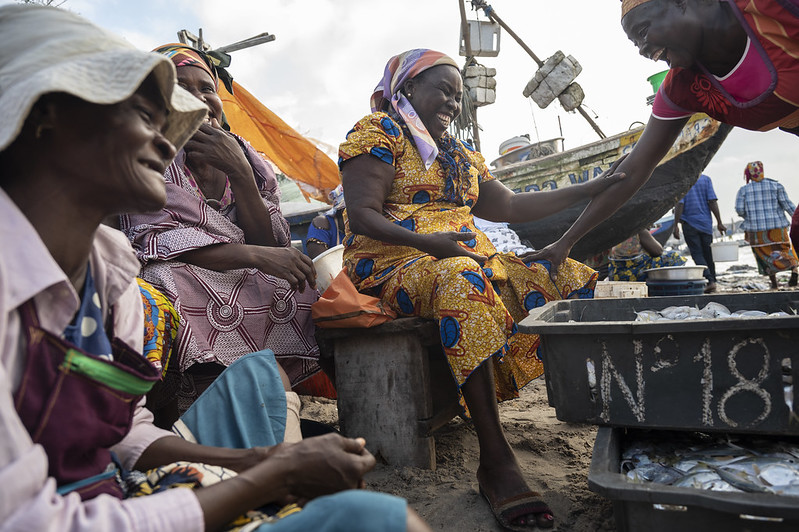Government Takes Strides to Alleviate Period Poverty in Ghana
 The government of Ghana allocated GH₵292.4 million in its 2025 financial budget to provide free sanitary pads for girls in primary and secondary schools, marking a significant effort to address long-standing period poverty in the country. Plan International Ghana commended the initiative as a major investment in girls’ health, education and dignity.
The government of Ghana allocated GH₵292.4 million in its 2025 financial budget to provide free sanitary pads for girls in primary and secondary schools, marking a significant effort to address long-standing period poverty in the country. Plan International Ghana commended the initiative as a major investment in girls’ health, education and dignity.
Government Response to Menstrual Health
The Free Sanitary Pad Initiative (FSPI), announced by President John Dramani Mahama on April 24, seeks to combat period poverty—a chronic lack of access to menstrual products that disproportionately affects girls in rural areas. The Ghana Education Service estimates that up to 2 million girls will benefit from the program across public basic and secondary schools.
Limited access to menstrual products often leads girls to miss school during their periods. This absenteeism results in disrupted education and contributes to cycles of poverty. In more severe cases, girls are forced to use unsafe alternatives like newspapers, rags or leaves, which can lead to health complications and heighten their vulnerability to abuse. FSPI represents a significant policy move to reduce these risks. By providing menstrual products for free, the initiative aims to keep girls in school, improve academic outcomes and reduce gender-based barriers to education.
Breaking Stigma Through Education
FSPI also addresses material needs and seeks to reduce the stigma surrounding menstruation in Ghana. Misconceptions and social taboos around menstruation remain common, limiting open discussion and fostering discrimination against menstruating girls and women. These attitudes not only affect emotional well-being but also contribute to social exclusion. The government’s approach includes educational programming and public messaging to normalize conversations about menstrual health. Indeed, Ghana’s Minister of Gender, Children and Social Protection, Dr. Agnes Naa Momo Lartey, described the initiative as an educational and developmental investment, not just a health intervention.
Plan International’s Role in Advocacy
The implementation of FSPI follows years of advocacy by organizations like Plan International Ghana, which urged the government in March 2024 to invest in menstrual health programs. The organization has distributed sanitary pads to more than 150,000 girls. Additionally, they have run nationwide campaigns to reduce stigma and increase awareness around menstrual hygiene.
Plan International Ghana has also promoted engagement with boys and men to support gender-inclusive conversations. Its programs have effectively reduced school absenteeism and promoted menstrual health education, especially in underserved communities. Applauding the FSPI, Constant Tchona, country director of Plan International Ghana, said the policy would address a key driver of inequality and help girls focus on education and reach their full potential.
Looking Ahead
While challenges remain, the Free Sanitary Pad Initiative marks a critical and historic step in the efforts to tackle period poverty in Ghana. Through this investment, the government is helping to ensure that menstruation no longer hinders girls’ access to education or exposes them to unnecessary risk. As implementation continues, sustained support and accountability could be essential in transforming policy into lasting change.
– Erin Hellhake
Erin is based in Old Bridge, NJ, USA and focuses on Global Health and Politics for The Borgen Project.
Photo: Flickr
